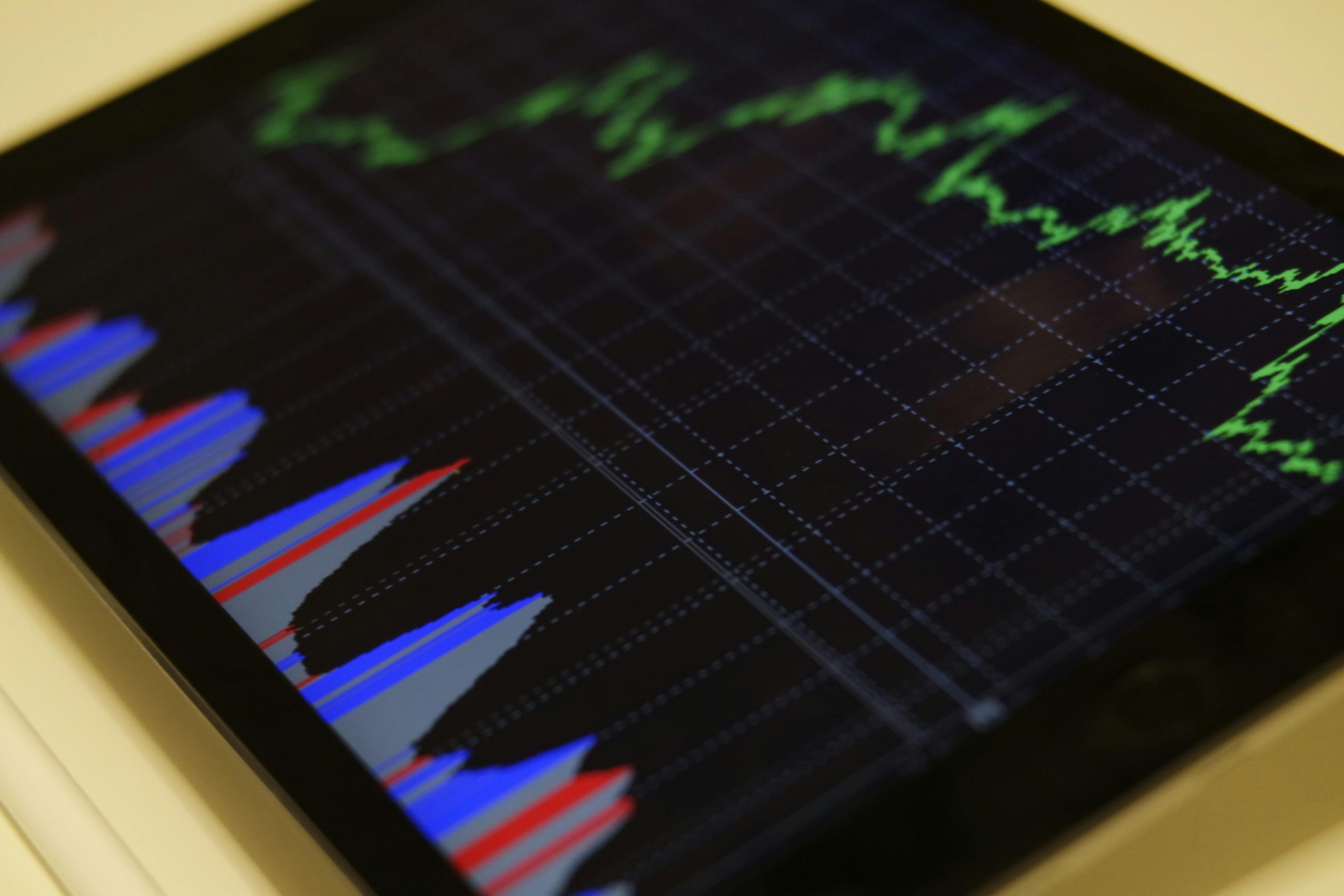What Even Is the “Scope of Trading”?
So, picture trading like going to a global bazaar that never closes. You’ve got goods, services, currencies, stocks even carbon credits. The scope of trading basically refers to everything that can be traded, and the playground where it happens. We’re talking local farmers’ markets, big stock exchanges, online platforms you name it.
It’s like having options to trade whatever you want, whether it’s fresh mangoes, your freelance designing service, crypto coins, or even energy futures. That wide range of things makes up the scope.

Why It Matters for You—Gen Z and Beyond
1. Student Loans and Interest Rates
If you’ve got a student loan or are thinking about one the interest rate is kind of like the price tag for borrowing money. When interest rates go up, your loan cost creeps up too. If rates fall, you might get better terms or refinance.
Trading rates? That’s part of the financial markets. Governments and big banks trade bonds, and the interest rates they negotiate eventually trickle down to your loan terms. High-level trading impacts what you end up paying.
2. First Home Goals
Buying a house? That’s probably the biggest trade you’ll ever make: paying money now for future shelter and equity. Mortgage interest, housing market volatility, and trading in real estate investment trusts (REITs) are all tied together.
If you plan to invest in property or just want to understand how the housing market moves, knowing the scope of trading like how bonds, mortgages, and stock markets affect pricing is key.
3. Job Prospects & Company Stocks
Working for a tech startup or even a big legacy firm? Companies often let you have stock options or shares. These shares get traded on secondary markets, so their value goes up and down daily. The wider the scope of trading—meaning more active, liquid market the easier it is for you (or your company) to cash in.
If trading volume is low, your options could be illiquid you’re stuck waiting, or worse, selling at a discount.
4. Saving for Travel or Passions
Maybe you’ve got dreams of a backpacking trip through Europe or launching a passion project. You might save in a high-yield savings account, or maybe place some savings into an ETF or index fund. Those are traded assets. The more things are traded, the more competitive the costs, and the easier it is for you to move your money around if needed.

Different Corners of the Trading World
Let’s walk through some of the main areas—and why you might care.
goods & services trading
This is the familiar one. What you buy at the mall, the coffee beans, the freelance gig you sell online, or the t-shirt you designed. Transactions happen on eBay, Shopify, Fiverr, Upwork—all those platforms are trading goods or services.
The scope here includes how many sellers, how diverse the offerings, and how frictionless payment is (PayPal, credit card, crypto, whatever).
financial assets (stocks, bonds, ETFs)
Companies issue stocks or bonds, and traders buy and sell them on exchanges. Companies also issue ETFs (a bundle of assets in one “share”) which trade throughout the day. So the scope covers everything from well-known stocks to obscure ones, bond markets from governments or corporates, and ETFs tied to every theme imaginable.
If you buy TSLA stock or put money in an S&P 500 ETF, you’re inside that scope. The bigger and deeper the market, the easier to enter and exit at a fair price.
currencies (forex)
Ever gone on a trip and needed to swap rupees for dollars or euros? That happens in currency trading, or forex. Traders ranging from multinational corporations to retail traders buy and sell currencies all day to hedge risks or speculate.
If you’re doing online work for clients abroad, or you study overseas, then forex fluctuations affect how much you pay or get paid.
commodities and derivatives
This is stuff like oil, gold, natural gas—and tradeable contracts based on them. Commodities are traded on futures markets where people predict prices down the line. And options allow you to buy the right, but not the obligation, to trade something later.
Not everyone trades these directly, but these markets shape prices of fuel, jewelry, food—things that affect your daily life. Like if fuel costs go up, transport and delivery services get more expensive, which can ripple into food prices and commute costs.
crypto and digital assets
This is the newest frontier. Cryptocurrencies, NFTs, tokens—they’re traded on exchanges and peer‑to‑peer platforms. Some countries regulate it, others don’t. The scope includes coin trading, staking, decentralized finance (DeFi) loans, NFTs artwork—basically a digital bazaar.
If you’re into investing or building digital assets, this scope matters. But it’s super volatile and less regulated, so know the risks.
How the Scope of Trading Works in Real Life
Okay, you get the categories—now how do they connect and affect each other? Here’s a real‑life scenario:
-
The central bank changes interest rates.
-
Bond yields change, which affects how attractive government bonds are.
-
As bond returns shift, investors reallocate to stocks or other assets.
-
That impacts stock prices—raising or lowering valuations.
-
Consumer borrowing costs adjust (student loans, credit cards, mortgages).
-
People’s spending changes, affecting company earnings.
-
Share prices react, influencing portfolios (like your 401(k) or mutual funds).
That’s the landscape: everything from central bank decisions to individual stock trades is connected. The broader the trading scope, the smoother and more predictable those flows become.
Why Gen Z Should Pay Attention
Let’s keep it real:
-
You’re starting out in careers, paying off student loans, or renting—so interest rates and mortgage conditions matter.
-
You might be investing early through robo‑advisors, apps, or crypto platforms. Trading scope affects liquidity, fees, and stability.
-
The gig economy is global, so knowing how currencies, payment platforms, and gig‑work marketplaces trade and settle is important.
-
Climate, energy, and carbon trading affect policy, tuition, housing costs, job markets—if you care about sustainability and future careers, it’s more than environment, it’s finance too.
A Friendly Analogy: Trading Is Like Music Festivals
Imagine a music festival. At one stage, indie bands play; at another, DJs. Each stage is like a marketplace: people gather, trade energy (money for experience, merch, food). If there are thousands of attendees and dozens of stages, it’s lively and efficient—lines are short, artists get fair pay, fans happily camp till the next act.
If only one stage is big, and others are tiny, it gets stale. Less variety, longer waits, maybe worse deals. That’s how trading scope works: bigger, more varied markets mean smoother transactions, better pricing, and more opportunities for everyone.
Words You Might Hear—and What They Really Mean
I’ll keep it simple, no jargon:
-
Liquidity: How easy it is to buy or sell something without messing the price too much. High liquidity = easy in and out.
-
Market depth: How many buyers and sellers are at different price levels. More depth = more stable pricing.
-
Volatility: How much the value fluctuates. High volatility = more risk, more chance to profit or lose.
-
Regulation: Rules that keep things fair. Tight regulations = more stability and protection; loose = more risk, potentially more reward.
How This Affects You on a Daily Basis
-
When you apply for student loans, rates reflect broader bond markets shaped by global trading. Higher bond yields = higher loan rates.
-
When you hunt for your first home, mortgage rates follow trading flows in government and bank lending markets. They also affect how attractive property investments look.
-
Building your portfolio or savings? Whether you’re using ETFs, mutual funds, or crypto, you’re relying on these various trading scopes to ensure you can move your money quickly and fairly.
-
If you freelanced internationally, you care about exchange rates and how smoothly payments convert.
-
Even consumer trends—like energy prices or global supply chain shifts—are shaped by trading in commodities futures and logistics stocks.
Tips to Stay Smart Within This Scope
-
Track economic headlines: Central bank moves, major bond issuance, corporate earnings.
-
Understand the platforms you use: Trading apps, remittance services, ETFs—know their fees, liquidity, and rules.
-
Don’t chase hype: Especially in crypto or volatile stocks. Know the liquidity and regulatory framework first.
-
Diversify across asset types: Stocks, bonds, possibly funds or safe savings—so you’re not stuck if one market freezes.
-
Keep a long‑term mindset: Markets dip and rise. Understand the bigger trading scope to keep perspective.
Wrapping It Up
The “scope of trading” isn’t some dry econ theory. It’s the shape of markets around us—what we trade, how easily we trade it, and the bigger forces, like interest rates, that ripple into our lives.
From repaying student loans to buying your first home, investing your first savings, or sending money abroad—these all live inside that scope. It’s not just abstract numbers; it’s how you get your paycheck, pay your rent, pick up your coffee, plan your vacation.
So next time someone says, “the scope of trading is expanding,” know what that means—and why it matters to you. Maybe glance at bond markets or rate announcements when they hit the news. Hang onto that awareness.
That’s the lowdown—like your friend explaining why the coffee shop chain keeps changing prices because coffee futures moved. It might sound nerdy at first, but it shapes your wallet, your choices, and your future.
Also Read: Importance of SEO for Explosive Business Growth in 2025




